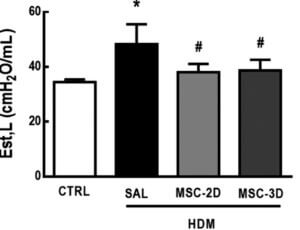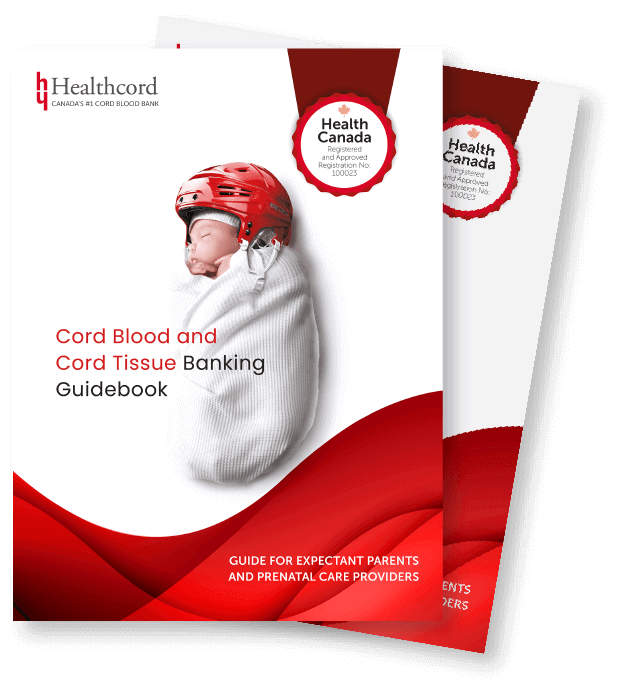
Treating asthma with stem cells

Study shows multiple doses of stem cells can reduce lung inflammation and remodeling that results from house dust mite-induced allergic asthma.
Asthma and its impact
Asthma affects approximately 1-18% of the population worldwide. It is triggered by allergens that enter the lung, and cause swelling of the airways. It makes breathing difficult, triggers coughing and wheezing, leaving those affected out of breath. In the most extreme cases, asthma can even lead to death.
Asthma is a chronic inflammatory disease, triggered by the activation of the immune system by allergens. While inflammation is beneficial in the short term because it allows the immune system to respond to injuries or pathogens, long-term or chronic inflammation can be damaging. If not treated, chronic inflammation can lead to the remodelling of airways and the lungs.
Repairing remodeled lung tissue
Traditionally asthma patients are treated with corticosteroids to reduce the inflammation. However, this does not reverse the remodeling that happens in the airways and the lungs. Thus, corticosteroid treatment can lead to poor control or even worsening of symptoms in some patients.
The study highlighted here addressed the above issues. The researchers hypothesized that multiple doses of stem cells would reduce lung inflammation and remodeling, as well have an overall immunosuppressive effect by turning off the immune system.
Potential of mesenchymal stem cells
To test their hypothesis, they made use of an allergy model in mice. One group was challenged with house dust mite (HDM) extracts, while the control group was not. Once the model was established, the next step involved the treatment. These researchers chose to use mesenchymal stem cells (MSCs).
MSCs have unlimited regenerative potential. They also act as a medical surveillance team in the body fighting inflammation, allowing cells to regenerate. This would make them useful for turning off the chronic inflammation seen in lung disease. The study explored three different types of treatments: 1) two doses of MSCs, 2) three doses of MSCs and 3) dexamethasone, a steroid used to treat experimental asthma, which was compared to the 4) control group injected with saline.
Multiple stem cell doses reduced inflammation and remodelling
 Multiple doses of stem cells reduced lung inflammation
Multiple doses of stem cells reduced lung inflammation
measures with static lung elastance (Est,L).
[CTRL = control, HDM-SAL = treated with saline.
HDM‐MSC‐2D or 3D = treated with stem cells]
Seven days after treatment, mice that were treated with stem cells showed a reduction in lung inflammation and remodeling. The effect was even more pronounced in mice that received three doses of stem cells. They also noted improved lung function, a reduction in immune activation, and an increase in the production of immunosuppressive factors.
Based on these results, the researchers concluded that three doses of stem cells to be the most effective treatment option. They essentially proved their hypothesis, suggesting that unlike single dose stem cell therapy, multiple doses may be effective for treating asthma.
Even though scientists still don’t know exactly how MSCs modulate the immune system, this study highlights their potential as a future therapeutic for asthma, which should be further explored.
Reference
Castro, LL, Kitoko, JZ, Xisto, DG, et al. (2019) Multiple doses of adipose tissue‐derived mesenchymal stromal cells induce immunosuppression in experimental asthma. STEM CELLS Transl Med. 2020;9:250–260. doi: 10.1002/sctm.19-0120.
Related Posts

Novel Cord Blood Stem Cell Treatment Leads to HIV Remission


Stem Cell Transplantation Shows Potential in Stroke Recovery









